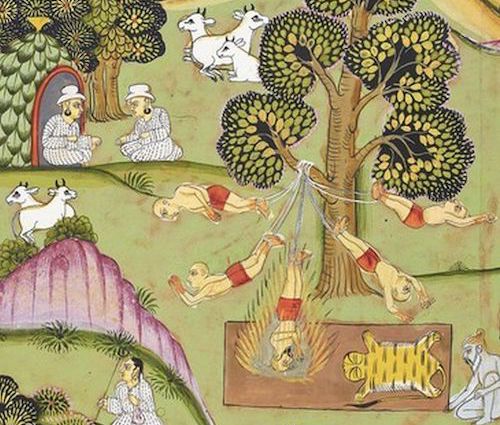Coming Soon!
We are currently working on editing and formatting Sean’s extensive audio archive of Dharma talks into user friendly courses. Stay updated by receiving newsletters:
Existing users, you can still access your courses by logging into your account page.

Intro to the History of Yoga, online course for YTTs
A university-level introduction to Yoga history from an engaging scholar-practitioner, designed for yoga teacher training programs. Learn more.
More courses and guided meditations are available on these partner platforms:
- Walking The Buddha’s Path In A Time Of Crisis, 10 day audio course
- Several guided meditations, ranging from 7-15 minutes in length
- Trauma Awareness: A Yogic Framework, 3 hour video course
- Embodied Inquiry: The Power of Buddhist Mindfulness Meditation, 2 hour video course
- Several guided meditations, ranging from 5-20 minutes in length
- Liberate is a subscription-based meditation app that includes practices and talks designed for the Black community, from BIPOC teachers with a diverse background in lineage, perspective and approach.


